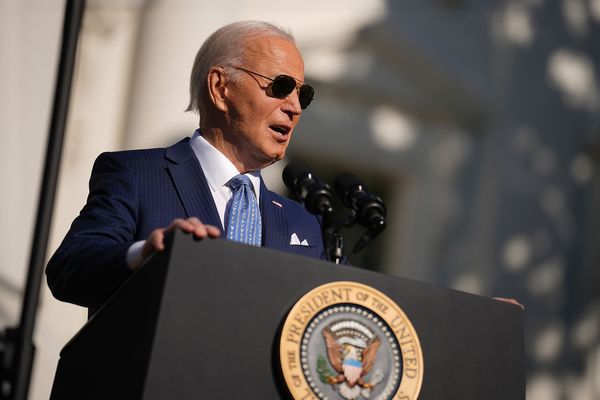
Copenhagen (AFP) - A new political party in Denmark whose policies are derived entirely from artificial intelligence (AI) hopes to stand in the country's next general election in June 2023.
Launched in late May by the artists' collective Computer Lars, the Synthetic Party wants to reach out to the around 15 percent of Danes who did not exercise their right to vote in the previous election in 2019.
The party believes they did not vote because none of the traditional parties appealed to them.
By analysing all of Denmark's fringe parties' written publications since 1970, the Synthetic Party's AI has devised a programme that it believes represents "the political visions of the everyday person", one of the members of the collective, Asker Bryld Staunaes, told AFP.
The party "takes its departure in an analysis of optimising the voting system in Denmark", he said.
It is also a tongue-in-cheek response to the hundreds of small parties created over the years, some based more on mocking or criticising society than actual political policy.
Denmark currently has 230 such micro-parties, including the Synthetic Party.
"It's a way to mimic and simulate the political process throughout but in a direct confrontation of the apparatus of lawmaking and political enforcement and organisation rights", Bryld Staunaes said.
Among the party's proposals is the introduction of a universal basic income of 100,000 kroner ($13,700) a month -- more than double the average Danish salary.
The party also backs the addition of an 18th UN sustainable development goal that would allow "humans and algorithms to coexist more directly than now", Bryld Staunaes said.
It remains to be seen if the party has enough support to stand in the 2023 vote -- it needs 20,182 signatures to do so and currently has just four, according to official election data.
But if it does manage to win a seat in parliament, it plans to use its mandate to link AI to the work being done by members of the assembly.
"The idea...is to take this huge political and economic force (algorithms)...to try to inscribe it into the traditional political system," Bryld Staunaes said.
Currently, "we have no way of actually addressing humans and AI within a democratic setting", he added.
People can interact directly with the party's AI on messaging platform Discord via chatbots.
The party plans to hold its first election rally "for a human audience" in September.







